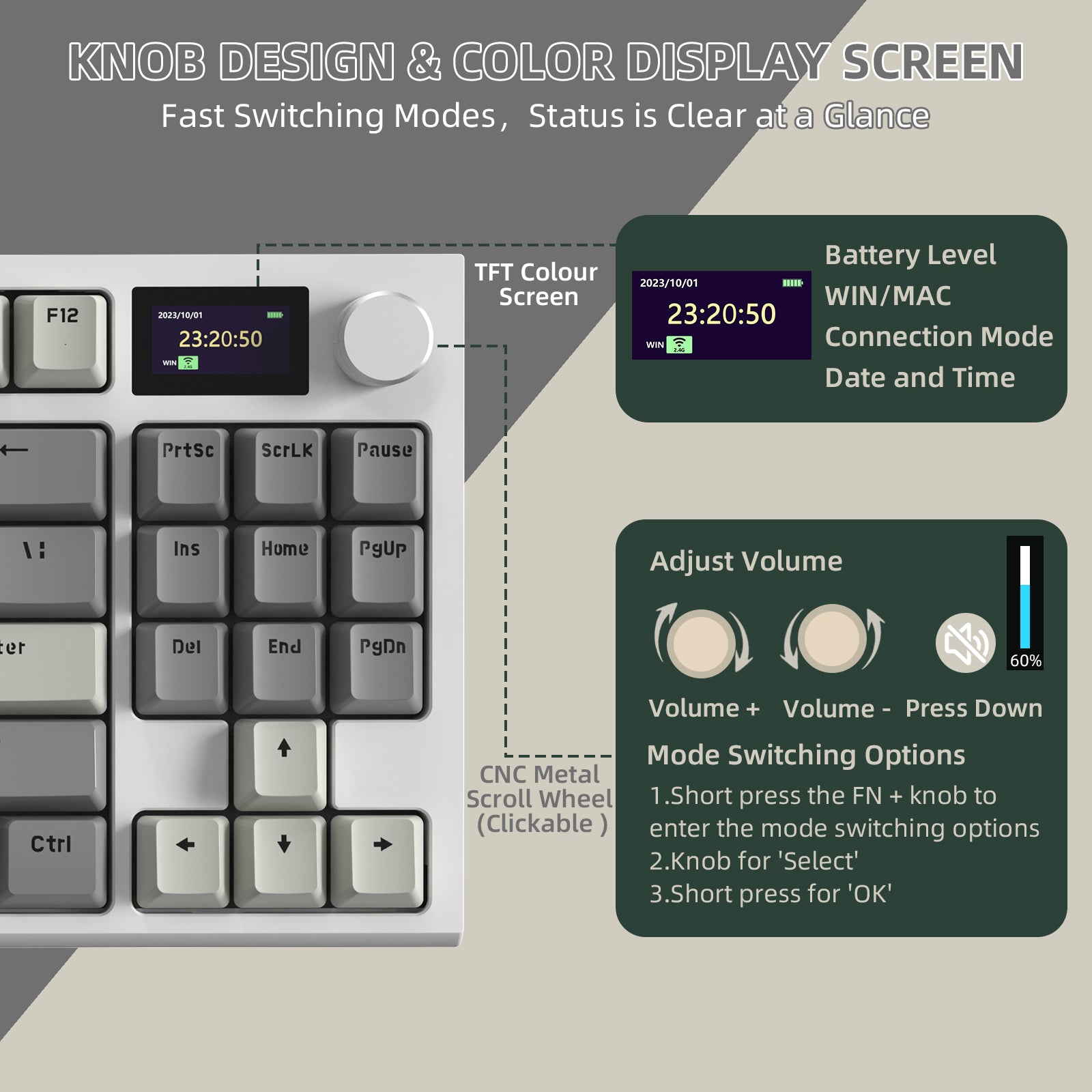In the realm of typing and gaming, the choice of keyboard can significantly impact your efficiency and overall experience. This article, "A Beginner's Guide to Linear-Switch Keyboards for Typing Efficiency," aims to provide a comprehensive understanding of linear-switch keyboards and how they can enhance your typing performance.

Understanding Linear-Switch Keyboards
Linear-switch keyboards are a type of mechanical keyboard that offers a smooth and consistent keystroke. Unlike tactile or clicky switches, linear switches do not provide tactile feedback or an audible click. This makes them an excellent choice for users who prefer a quieter typing experience or those who need to type quickly without the interruption of tactile bumps.
Benefits of Linear-Switch Keyboards
One of the primary advantages of linear-switch keyboards is their ability to facilitate faster typing speeds. The absence of tactile feedback means that your fingers can glide effortlessly from one key to the next, reducing the time spent on each keystroke. This can be particularly beneficial for touch typists and gamers who require rapid key presses.
Additionally, linear switches tend to have a lower actuation force, meaning that less pressure is needed to register a key press. This can help reduce finger fatigue during extended typing sessions, making linear-switch keyboards a popular choice for professionals who spend long hours at their desks.
Choosing the Right Linear-Switch Keyboard
When selecting a linear-switch keyboard, it is essential to consider factors such as key travel distance, actuation force, and overall build quality. Key travel distance refers to the distance a key must be pressed before it registers a keystroke. Shorter travel distances can lead to faster typing speeds, while longer distances may provide a more comfortable typing experience.
Actuation force is the amount of pressure required to register a key press. Linear switches typically have a lower actuation force compared to tactile or clicky switches, making them easier to press. However, it is crucial to find a balance that suits your typing style and preferences.
Practical Applications of Linear-Switch Keyboards
Linear-switch keyboards are versatile and can be used in various settings. For instance, they are ideal for office environments where a quiet typing experience is preferred. The smooth keystrokes can help maintain a peaceful workspace, allowing you to focus on your tasks without disturbing colleagues.
Gamers also benefit from linear-switch keyboards due to their quick response times and consistent keystrokes. The absence of tactile feedback ensures that every key press is registered without delay, providing a competitive edge in fast-paced gaming scenarios.
Maintaining Your Linear-Switch Keyboard
To ensure the longevity and optimal performance of your linear-switch keyboard, regular maintenance is essential. This includes cleaning the keyboard to remove dust and debris, as well as lubricating the switches to maintain their smooth operation. Proper care can extend the lifespan of your keyboard and keep it functioning at its best.
In conclusion, "A Beginner's Guide to linear-switch keyboards for Typing Efficiency" highlights the benefits and practical applications of linear-switch keyboards. By understanding the key features and advantages of these keyboards, you can make an informed decision that enhances your typing experience and overall productivity.







